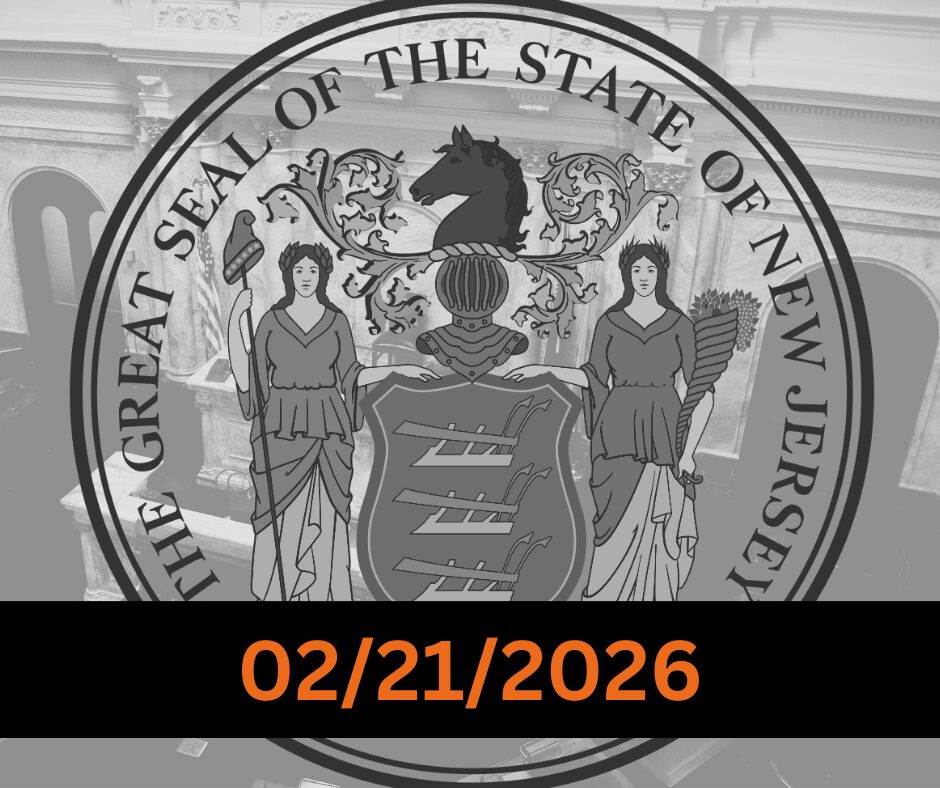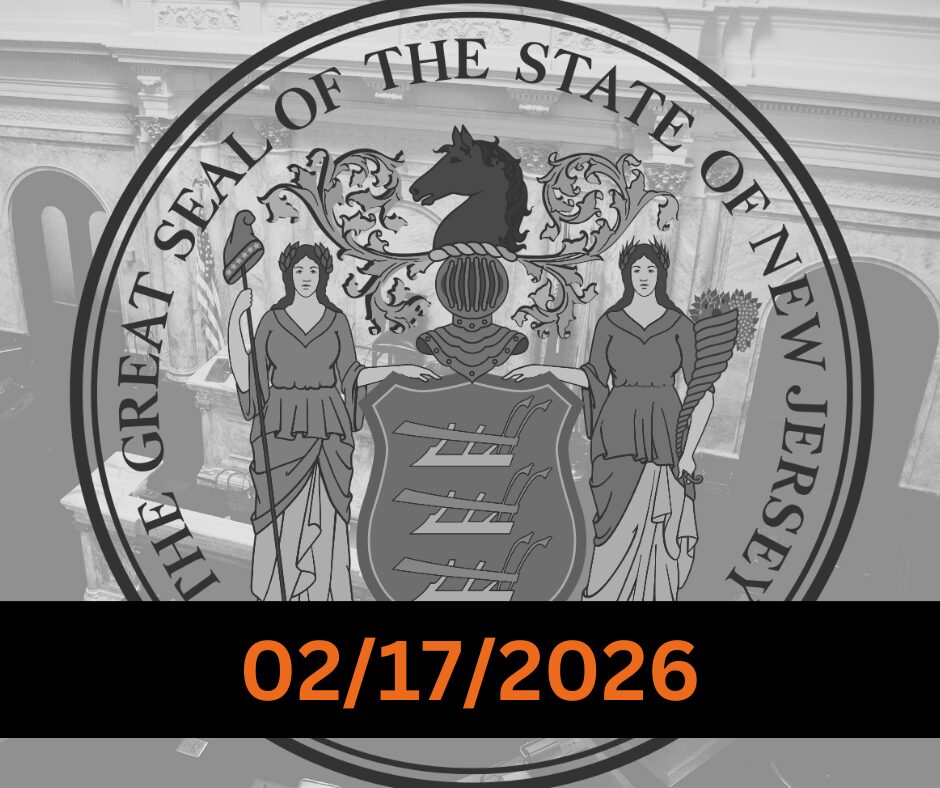Berkeley Heights is the latest New Jersey town to consider privatizing its sewer system—a move that could shape how residents pay for water services for decades. On the surface, the idea promises infrastructure upgrades and financial relief. But similar deals across the state suggest the long-term cost may fall on the backs of residents who are left with fewer avenues of remedy if the deal goes south.
It’s important for NJ residents to understand that the wave of sewer system privatizations sweeping through the state (and the country) offers clear benefits to political leadership—while shifting long-term financial risks to individuals and households.
A review of eight recent cases in New Jersey where municipalities transferred control of their sewer systems to private companies reveals a consistent pattern: Towns received large upfront payments, cleared utility debt, and avoided the politically fraught decision of raising taxes to fund repairs. But residents still paid—via rate hikes that kicked in once short-term freezes or caps expired.

Privatization also removes local control over billing and service disputes, placing decision-making in the hands of corporate operators and the NJ Board of Public Utilities (NJBPU). And in most cases, the town has little to no path to unwind the deal once it’s done.
New Jersey has no long-term success stories to point to. The only case we could find that’s more than a decade old is Bayonne—and it’s not going well for residents.
This does not even touch upon some of the environmental concerns privatization has led to across the country.
What Residents Should Ask Before Voting on a Sale:
-
What are the projected rate increases over the next 10–15 years?
-
Who will handle billing and customer service?
-
Is there any path for the town to exit the deal?
-
What commitments will the private operator be legally bound to uphold?
-
Will any of the proceeds support public schools or shared services?
Berkeley Heights Is Starting Off as a Concerning Case Study
This week, the Berkeley Heights Town Council voted on the first step in placing the proposed sewer system sale on the ballot for voters to decide. But this move wasn’t about transparency—it was required by law.
You’d expect a major decision like this to follow months of public engagement: forums, town halls, budget hearings. Instead, the first public mention came just a week prior to the vote, in press release-style news pieces and interviews that highlighted benefits and downplayed risks. The meeting itself was held earlier than usual. No recording has been posted, and it’s unclear if residents had Zoom access.
This fits a recent pattern.
First, there was the transportation debacle. After years of claiming Berkeley Heights had no hazardous roads, the Council reversed course—then blamed the school district for not resolving it.
Then came the push to squeeze more money from the schools by demanding the district agree to cover police sick and vacation payouts—without a cap. No other local district we reviewed has agreed to this. Yet the Mayor, Town Administrator, Police Chief, and the Recreation Chair descended on a BOE meeting to present a united front, offering no evidence to support it claims.
Next came the turf field. The public saw no details of the agreement prior to the referendum vote. The referendum didn’t include the specifics of the actual agreement. It simply asked residents whether they supported converting land into a field. Yet it was spun as a mandate to move forward with a deal that had the District give away land with no clear benefit. Meanwhile, revenue from PILOT (Payment in Lieu of Taxes) agreements continued flowing to the Township—with not a single dollar directed to schools.
The Township rallied local groups to pack a BOE budget meeting, demanding the turf field become the district’s top priority. Tennis courts were locked. Government-aligned media framed it as the school district’s fault. Behind the scenes, we later learned, the township attorney threatened the district.
Not math. Not science. Not enrollment declines. Not rising per-pupil costs. A turf field. And the final twist? The agreement didn’t even mention a turf field.
Meanwhile, the Township rolled out a wellness campaign based on a self-help book riddled with plagiarism claims and lacking research credibility. One Council member was slated to promote another theory long discredited and never framed as a “wellness” intervention in the first place. Critics argue the campaign pushes a kind of suburban, tone-deaf ethos that fits neatly with a gentrifying Jersey—where local culture is replaced by chain stores, plastic mantras and only the wealthy can afford to participate. It left many people wondering what the real purpose of the campaign was to begin with.
And lets not forget the recent obsession with ducks. With multiple posts drowning out the announcement of the decision to move forward with the referendum as critical comments of the decision piled up on the Townships Facebook page.
Through all of this static of confusion—not a single mention of selling the sewer plant.
Whose Voices Were Heard?
Were the workers who’ve kept this aging system running through years of neglect consulted?
When?
These are the same staffers who’ve quietly held things together while the Township focused on Facebook duck videos and high-priced PR campaigns.
Were their voices ever in the room? Or is this yet another example of governance by default: “Just let them.”
This isn’t just about Berkeley Heights. This playbook is being run across New Jersey and the Country.
Pay attention.
Editor’s Note: This article was updated to clarify that the vote was on the first step toward placing the sale on the ballot.
References:
- Bayonne – NJ Spotlight News
“Bayonne Water Rates Spike After Privatization”
https://www.njspotlightnews.org/video/bayonne-water-rates-spike-privatization - Salem City – ROI-NJ
“New Jersey American Water to acquire Salem City water and sewer for $18M”
https://www.roi-nj.com/2023/12/01/industry/energy-utilities/new-jersey-american-water-to-acquire-salem-city-water-and-sewer-for-18m - Somerville – TapInto Somerville
“NJ American Water Hits Somerville Customers With Higher Rates”
https://www.tapinto.net/towns/somerville/sections/business-and-finance/articles/nj-american-water-hits-somerville-customers-with-higher-rates-for-water-and-waste-water-services - Manville – NJ American Water
“Manville Wastewater – Rate Information”
https://www.amwater.com/njaw/Customer-Service-Billing/manville-wastewater - Egg Harbor City – NJ American Water
“Egg Harbor City Water and Wastewater Service Transition”
https://www.amwater.com/njaw/Customer-Service-Billing/egg-harbor-city - Bound Brook – ROI-NJ
“New Jersey American Water to acquire Bound Brook sewer system for $5M”
https://www.roi-nj.com/2022/02/15/industry/energy-utilities/new-jersey-american-water-to-acquire-bound-brook-sewer-system-for-5m - Long Hill Township – Underground Infrastructure News
“NJ American Water to Purchase Long Hill Township Sewer System”
https://undergroundinfrastructure.com/news/2020/01-january/nj-american-water-to-purchase-long-hill-township-sewer-system - Mount Ephraim – WaterWorld
“New Jersey American Water Completes Acquisition of Mount Ephraim Sewer System”
https://www.waterworld.com/wastewater-treatment/article/14035994/new-jersey-american-water-completes-acquisition-of-mount-ephraim-sewer-system
Read More Articles on Water and Sewage Privatization
Subscribe to NJ21st For Free
Our Commitment to Ethical Journalism
|



